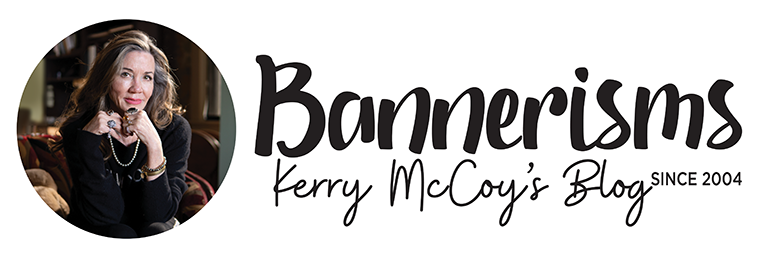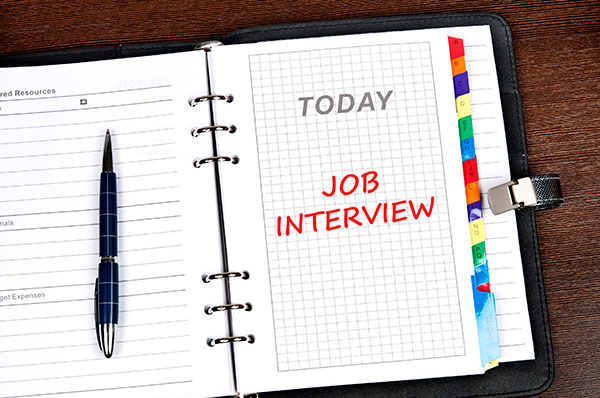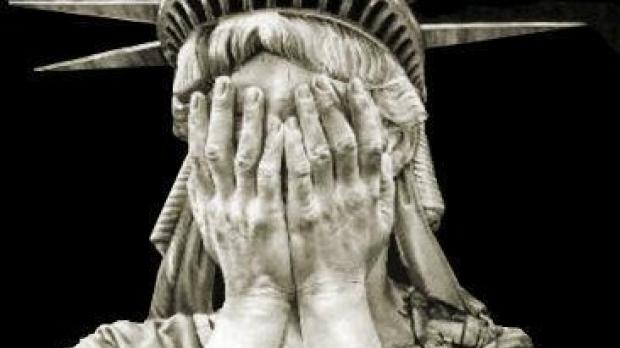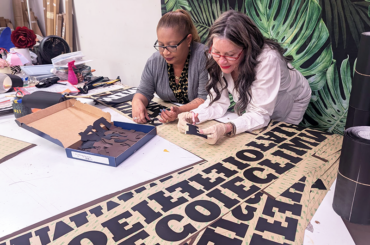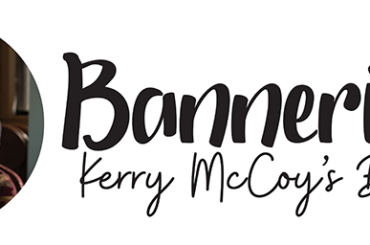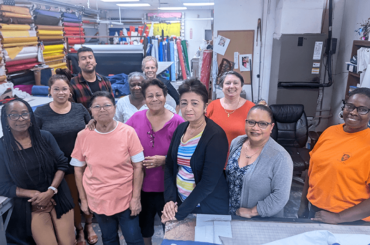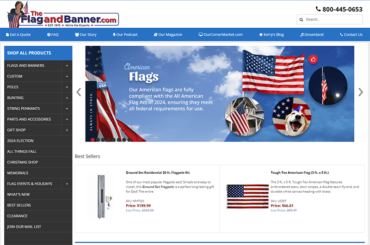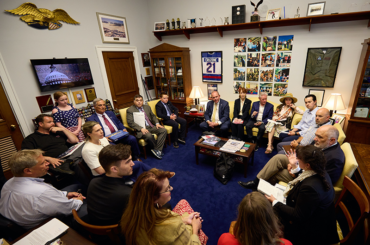By Kerry McCoy
Brave Publisher & Owner of FlagandBanner.com

When I first started hiring people, I found conducting interviews scary. Yes, that’s right. I felt like I was being interviewed, and I was. Rejection goes both ways.
For the Interviewer
Often, I hear small business owners lament, “You just can’t find good help these days.” After much experience, I have found there’s only two reasons for that; either you can’t hire, or you can’t train. That’s it. See suggested interviewer questions at the end of this article.
The candidate has read the three sentence job description online or in the paper and thinks ‘I could do that.’ However, the depth and breadth of the job is not known to them. It should be known to the interviewer, thus making them the bearer of responsibility.
The most important thing I can tell an interviewer is…don’t talk, listen. The most common mistake an interviewer makes is to talk nervously about the job, company, and company expectations. This allows the candidate to learn about you, not the other way around. You do not want to feed the candidate the answers to your interview questions and then think they are a perfect fit because they repeat what you have just told them.
A bad hire costs the company time, money and morale. Not to mention the impact on the psyche of the new employee. I once heard Warren Buffett explain his “Three I” theory for hiring, “The candidate needs to have Intelligence, Initiative and Integrity, with Integrity being the most important attribute.” Think about it, a smart, motivated person who doesn’t have integrity could do a lot of damage.”
Listen for ownership or excuses, motivation or laziness, and organization or sloppiness. Look at their attire. Is the candidate’s clothing appropriate?
Don’t forget to Google them before hiring!
For the Candidate
It is just as important for the candidate to get the right job. You don’t want to start a new job only to find later it’s not a good fit for you.
Have your resume scrubbed and updated. Don’t list all the jobs you held for 2 months. It looks unstable and unprofessional. Before going to the interview make sure you visit the company’s website and read up on their products and owner. There is no excuse for not doing this. You might even find their philosophy and products are unappealing. If so, then don’t waste your time with an interview. If yes, then start with your own list of questions.
This is important. You are interviewing them just as much as they are interviewing you.
Listen for honest answers. Check out the working conditions. Again paraphrasing Warren Buffett, “find a company you like, apply for a job there and work your way up the ladder.” The reason I ended up as the president of my company is because I took a job that led to another job and so forth. See suggested candidate questions below.
Don’t be a job snob. If you’re unemployed, any job is a move up. It is easier to get hired if you are currently employed. And keep in mind…you will be Googled! Good Luck!
Interviewer questions:
- Did you look up our company on the Internet? (if no, then no initiative)
- Did you bring your resume, even if they already emailed it? (if no, then no preparation)
- At the end of the interview, don’t forget to ask if they have any questions. (I like to hire someone who asks questions)
- If they could do anything in the world, what would it be? (this tells you a lot about a person)
- What is your hobby? (it’s nice to find a parallel in their job)
- In your life, what are you most proud of?
- What is your strongest virtue?
- What is your weakest trait? (this is important; don’t try to fit a square peg in a round hole)
- If I looked in your car how clean would it be? (that one always gets them)
- What type of job are they looking for? (it may not be what you are offering)
- Give me 3 adjectives to describe yourself? (listen up)
- How many hours would you like to work? (I am always surprised at these answers)
- Why did you leave your last job? (do they take responsibility or blame others)
- If I Google you, would I find an arrest record? (Get ready for a confession.)
Candidate questions:
- Where does the company expect to be in 5 years?
- What is the company’s philosophy?
- What is the company’s weakest link?
- What are the hours?
- What are the benefits?
- What is the pay?
- What is the dress code?
- What is the work place culture?
- What is the potential for promotion?
